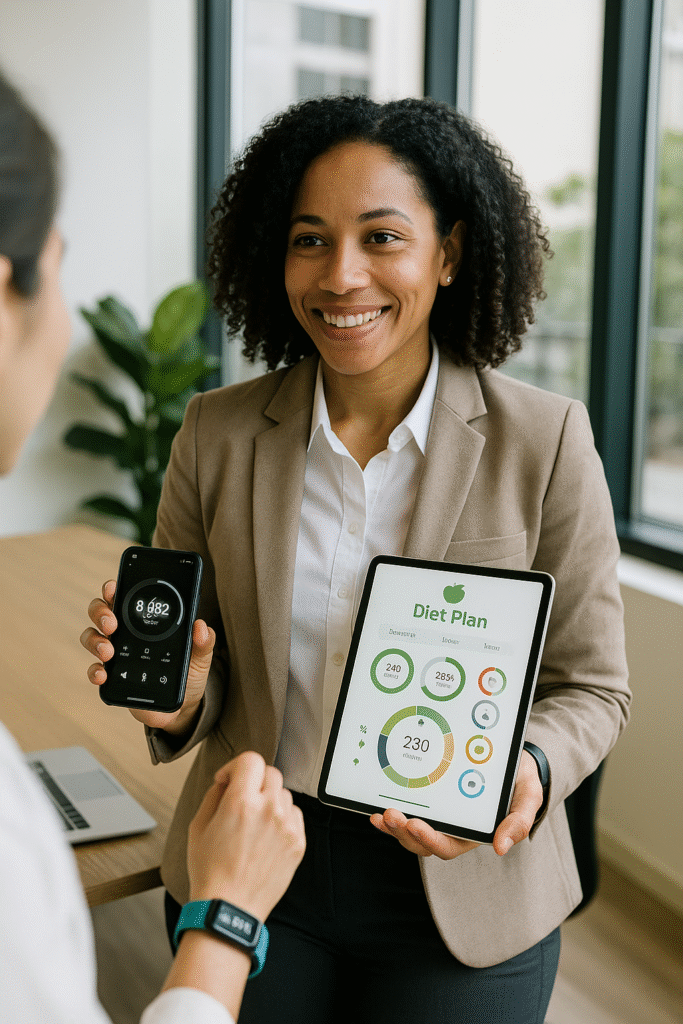
Our Approach
We combine behavioral science, human-centered design, and digital health innovation to create interventions that help people live healthier lives.
Behavioral Science – Understanding what drives change.
We study the psychological and social factors that influence behavior—what motivates people, what barriers they face, and how sustainable change happens.


Human-Centered Design
We co-design digital tools with survivors, caregivers, and clinicians to ensure our solutions are meaningful, inclusive, and grounded in lived experience.
Digital Health Innovation
We develop and evaluate scalable, personalized digital technologies that support physical activity, stress management, and nutrition.


Collaborate with The Lifestyles Lab
We collaborate with researchers, clinicians, designers, and students to create human-centered digital solutions for lifestyle medicine and survivorship care.
